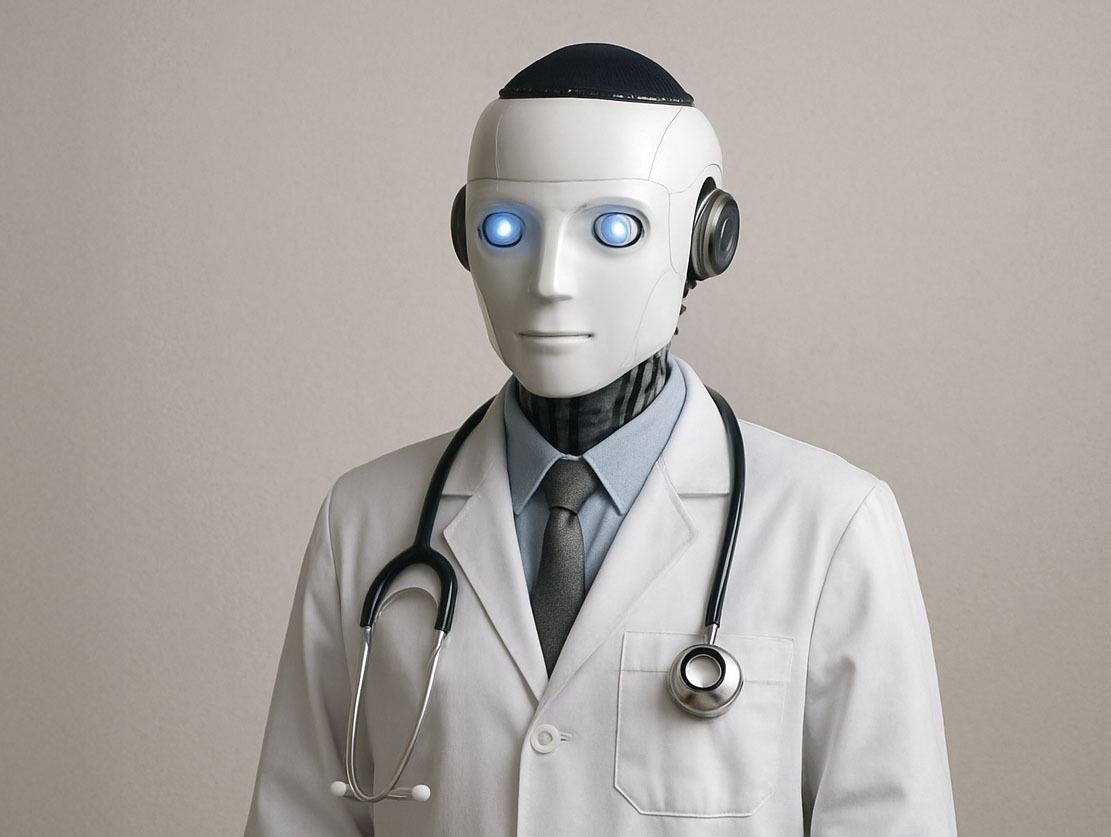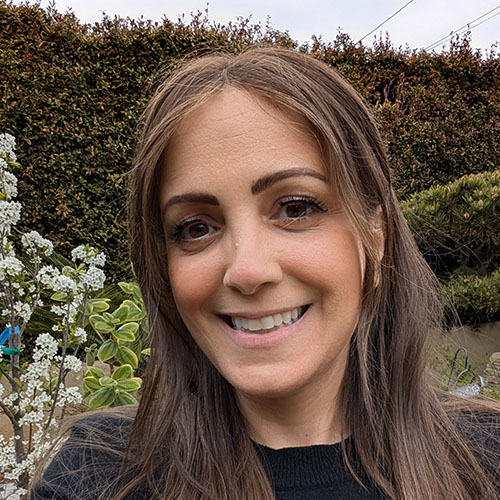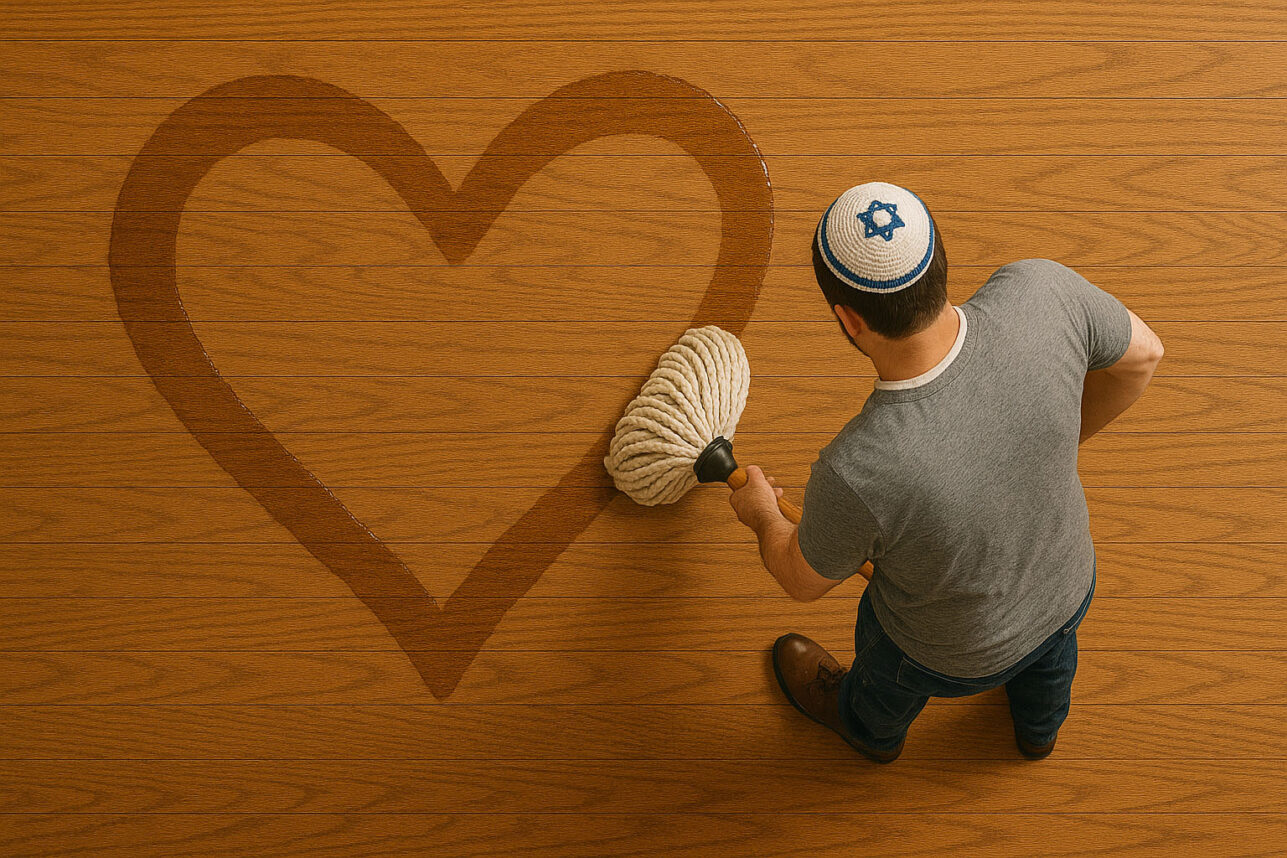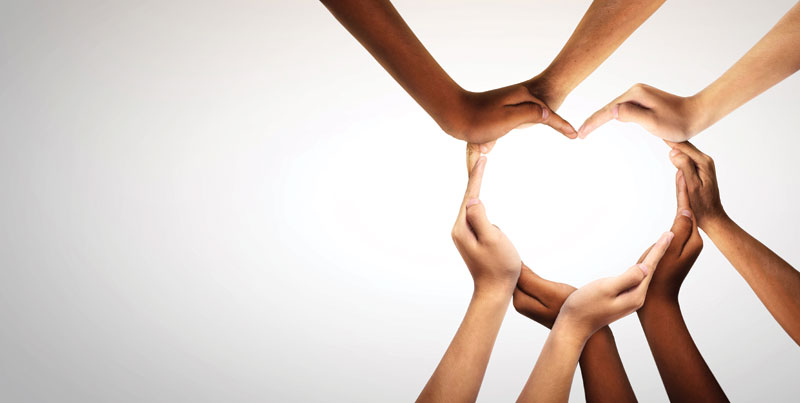
Last week, a friend predicted that thanks to the unmatched growth of Artificial Intelligence (AI) that is impacting every area of life, doctors will soon be obsolete. Though skeptical at first, I am inclined to believe him because he is a well-known doctor.
He posted regarding a new, full-body AI health scanner that can detect diseases before we feel symptomatic. The scanner is able to take 2,000 images of a human body in 20 seconds. “It uses 70 sensors, then runs 50 million data points through AI smarter than your last Google search,” posted my friend. The device has already identified health problems in patients who appeared (and felt) perfectly normal. It checks everything, from skin moles to arteries to blood sugar and cholesterol levels, and it may also cost roughly the same as a regular checkup with a human doctor.
Artificial intelligence surgical robots are already assisting doctors with surgeries, and AI is also using algorithms to analyze medical images to predict a woman’s chances of developing breast cancer years in advance, accelerating research and development related to drugs, and offering the services of a medical scribe. Yes, scribes. But the bond that I share with my doctors and their human scribes is special; I’d rather not list 200 bodily complaints and a slew of bad jokes in front of a stoic, non-human scribe.
I’m grateful for the growing number of insights that have been written on the ethical implications of AI, especially from a Jewish perspective. But as I read about a full-body scanner that may replace my very human primary care physician, I couldn’t help but think about the social-emotional impact of AI on much of what makes Jews, well, Jews.
Specifically, I thought about the invaluable social currency that generations of Jewish doctors have secured for themselves, their children, and especially their mothers. Somehow, the words, “My David is head of neurosurgery at Cedars-Sinai” seem a lot less impressive if David has been replaced by a cold device covered with serial numbers and is shut off every night before closing.
AI is probably capable of doing more work than 1,000 Jewish lawyers charging for 1,000 extra hours. In the legal realm, it is dizzyingly efficient and is able to sift through massive amounts of legal research in seconds. No human could read through that much material without growing a second (or third) head and not sleeping for 30 or 40 days.
Name a profession for which Jews are famous and there’s a good chance that AI has either changed it, revolutionized it, or will soon render many of its workers obsolete. The age of a definitively human stamp on filmmaking is over; young people seek out AI, rather than gifted songwriters and poets; and even tailors (those little, old Jewish men and women who once hemmed pants everywhere from New York to St. Petersburg to Damascus) are now competing with AI tailors that take measurements with amazing precision. I’m not sure I want AI’s metaphoric tailor hands on me, lest I end up with a two-necked sweater.
Jews need to be able to brag about their children and grandchildren like fish need access to water. How did we go from “Nice Jewish Boy” to “Nice Jewish Bot?”
Some of the most legendary Jews have an AI doppelganger. Masochist that I am, I decided to ask AI to write a song in the style of Leonard Bernstein. Here’s what it wrote back:
“(Opening with a dramatic, almost operatic flourish on the piano – a series of ascending and descending chords with a strong rhythmic pulse, perhaps incorporating a hint of dissonance).
(Verse 1 – Tempo picks up slightly, becoming more conversational, almost spoken-sung)
The city sighs, a concrete lung, exhaling fumes and hurried tongue.
Another dawn, the taxis bleat, a restless rhythm on the street.
And I, a soul in this grand fray, awake to face another day.
The coffee steams, the paper waits, a catalog of loves and hates.
But in this clamor, sharp and keen, a melody, a vibrant scene,
Begins to stir, a nascent hum… where does it come from? Where’s it come from?”
Awful, isn’t it? But younger generations today might think this is poignant.
I realize that when it comes to AI, there are more serious, even dangerous matters at hand. Last year, it took two Harvard students only four days of coding to create smart glasses that could identify the face of someone standing on the street, then secure information such as the person’s home address, phone number, and past and present work experience.
The young men used technology that’s already available, including Ray-Ban Meta smart glasses (which capture videos and livestream them to Instagram), PimEyes, a face search engine, and a ChatGPT-style tool that analyzed the PimEyes facial recognition results to suggest personal information about a person, including names of their relatives. This would probably be a good time to warn my Uncle Javid not to answer calls from strangers claiming they know me.
“All the tools were there,” one of the Harvard students, who is 21, told The New York Times. “We just had the idea to combine them together.” Since publishing a story on the Harvard duo, the Times has received messages from “multiple investors … offering to fund further development of the glasses.” One can only hope none of those messages came from Russia, China, or Iran.
It often costs nothing to use modern technology to sync a face with a name. But the gray area that may have compelled you to cringe once or twice while reading the paragraph above is filled with so many ethical questions that it is almost tempting to wear a pandemic-era mask day and night again. If strangers can secretly record you at a bus stop using smart glasses and learn your name, address, where you have worked, and the names of your parents and siblings, soon we’ll all start covering our faces like fanaticized students at an antisemitic campus rally.
For what it’s worth, those student inventors at Harvard love playing around with fun projects so much that they also created a flamethrower. According to The New York Times, it singed one of their legs.
Jews have always aimed high, but something tells me that a small part of the reason why many of our youth have pursued fields such as medicine, law, engineering, filmmaking, and more is because they anticipated that it would bring them and their families pride. Who wants to sit around a Shabbat table and brag that their grandson, the one who attended UCLA Medical School, now mostly sits at a desk and pulls the switch on an automated full-body scanner?
A Jewish lens on life cannot exist without a deeply human touch; it is anathema to Torah, Judaism, and even to G-d.
As a recovering pessimist, I am trying to imagine the life-saving benefits of AI medical devices. And proud Jew that I am, I know that there will always be space for Jewish doctors, nurses, and medical staff to offer a hand or a hug if a patient is diagnosed with a terminal illness (no device can do that). A Jewish lens on life cannot exist without a deeply human touch; it is anathema to Torah, Judaism, and even to G-d.
Ironically, perhaps the irreversible ubiquity of AI will motivate Jews to return to the blue-collar jobs for which we were known throughout millennia. Perhaps future generations of Jews can impress their parents and grandparents by working in fields that AI devices could never replace, such as doing daring feats and entertaining audiences at a traveling circus. I can think of a few Harvard students who might know how to make excellent circus-grade flamethrowers.
Tabby Refael is an award-winning writer, speaker and weekly columnist for The Jewish Journal of Greater Los Angeles. Follow her on X and Instagram @TabbyRefael.























 More news and opinions than at a Shabbat dinner, right in your inbox.
More news and opinions than at a Shabbat dinner, right in your inbox.